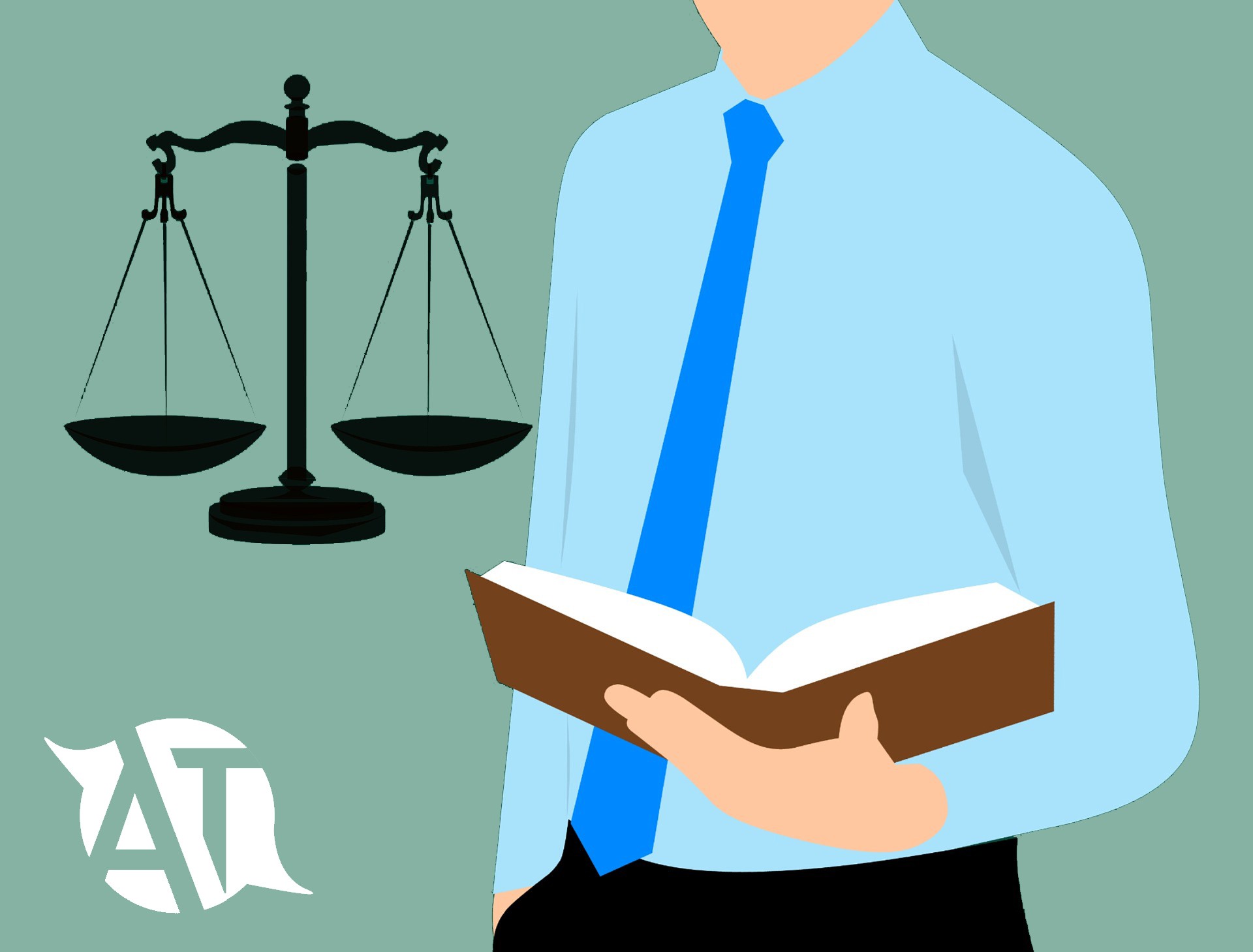Sworn translation vs legal translation
Companies often find they need to translate a legal document and, knowing it's an important document, go for a
sworn translation to ensure the translation is of the highest possible quality. But in fact it's not always necessary to get a translation sworn - a
legal translation is a much more common requirement. At first sight a sworn translation and legal translation may appear to mean the same thing, but there are differences between the two types of translation. Do you want to know more? We'll try and explain it for you.
Let's define what legal translation is
Legal translation applies to the translation of official or private documents that are legal by nature, for example contracts, regulations, or rulings. These documents
call for particularly technical vocabulary and involve specific legal terms and entities.
This is why
it's essential to put your legal translation in the hands of professional translators specializing in legal work. Not doing so could lead to errors as there are a number of differences between different countries' legal systems. When it comes to
particularly sensitive documents, the repercussions from a bad translation could lead to serious legal consequences.
Sworn translation
'Sworn' translations are translations of official documents that are carried out by an
officially recognized translator who holds a legal testament - which in Spain comes from the
Ministry of Foreign Affairs and Cooperation. And in fact, contrary to what many people may think, these types of translated documents do not have to be related to legal or judicial matters. The sworn translation is
a guarantee that the original document and the one written in the second language
contain the same information.
Who can do this type of translation?
A sworn translation
can only be done by a sworn translator, regardless of the subject area. These translators are accredited by the Ministry of Justice, have their own identification number, and can only carry out sworn translations in the languages the
ministry has assigned to them. Any translations the translator does in languages other than those they've been assigned to translate will not be classed as sworn translations - and as such cannot be deemed official.
When do I need to get a sworn translation?
According to UAE legislation any documents written up in a language other than Arabic Language which are to be used for legal purposes in UAE must be accompanied by a corresponding sworn translation. These will always bear the stamp of the
sworn translator, and are officially recognized by the authorities.
What types of documents need to be sworn?
- Public tenders
- Notarial deeds
- Contracts
- Company articles of association
- Patents
- Powers of attorney
- and more,..
Other features of sworn translation
A key differentiating feature of a sworn translation is that the
translated document will be provided on paper and rarely in any other format, given that one of the requirements of providing a sworn translation is that it must bear the
translator's signature and official stamp. As well as a signature the translator also needs to add a brief description of the translation to guarantee that the translation is
faithful to the original document.
Finally, in cases where the
document is official or signed by a public official it must include a
Hague Apostille, which guarantees that the public official or department is
authorised by the state to issue the document and has been present in the sworn translation.
At
Mashariq Legal Translation services we have
good experience helping companies to internationalize. We offer sworn and legal translation services for companies and individuals , among others.
